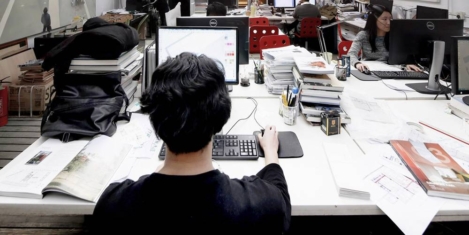January 5, 2018
Poor management driving nearly half of UK workforce to seek a new job
 Nearly half of the UK workforce (47 percent) will be looking for a new job in 2018, with nearly 1 in 5 people already actively searching for opportunities, according to new research produced by Investors in People (IIP) in their annual Job Exodus Survey 2018. These findings highlight an improvement in satisfaction across the UK job market according to IIP, representing a fall of 12 percent on last year’s figure, where 59 percent of respondents stated the intention to seek a new job. However, despite the reduction in the proportion of those considering a job move, there are still nearly 1 in 4 unhappy workers.
Nearly half of the UK workforce (47 percent) will be looking for a new job in 2018, with nearly 1 in 5 people already actively searching for opportunities, according to new research produced by Investors in People (IIP) in their annual Job Exodus Survey 2018. These findings highlight an improvement in satisfaction across the UK job market according to IIP, representing a fall of 12 percent on last year’s figure, where 59 percent of respondents stated the intention to seek a new job. However, despite the reduction in the proportion of those considering a job move, there are still nearly 1 in 4 unhappy workers.


























